China and the 2016 US election
Updated: 2015-04-18 00:47
(China Daily USA)
|
||||||||
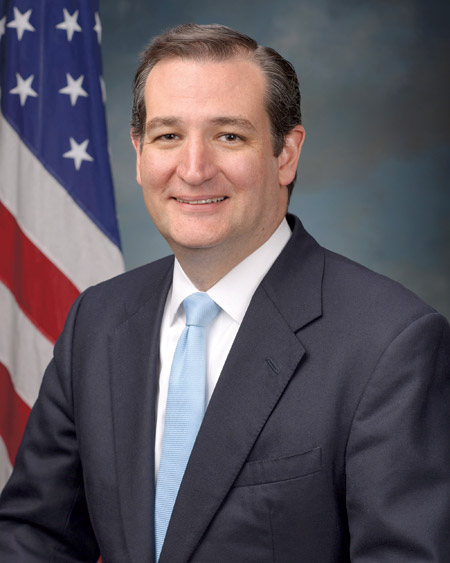 |
|
US Senator Ted Cruz, Repulican, Texas |
Climate agreement
Feaver believes that the climate-change agreement signed by Obama and Chinese President Xi Jinping last year will help the Republicans. Under the agreement, the US will cut its 2005 level of carbon emissions by 26 to 28 percent before 2025.
China would peak its carbon emissions by 2030 and will also aim to get 20 percent of its energy from zero-carbon emission sources by the same year.
The climate-change agreement will give Republicans "… a comfortable set of talking points," Feaver said. "The GOP can criticize the deal without mentioning the problems with climate change. The US must make its cuts early while China has more time to implement their cuts so the GOP can say China gets a chance to free ride and what happens if China doesn't make their cuts after we have already made ours."
China's activities in the South China Sea could produce more hawkish pronouncements from both parties, said Feaver.
China has sketched out plans for the islands it is creating in disputed areas of the South China Sea, saying they would be used for the military and to provide civilian services that would benefit other countries.
The US has no claim of its own in the region, but broadly supports its Asian allies against Chinese pressure and has asserted that freedom of navigation is in its national interest.
China said Washington adopted double standards on the issue by ignoring building work by other countries on islands owned by China.
'Hawkish tone'
"This could change the perception of China as a destabilizing force in the region," said Feaver. "Candidates will once again be pushed into a more hawkish tone on China."
Lieberthal believes that if China becomes a major issue in the fall campaign it will be a surprise to most. "It could involve North Korea and maybe have something to do with Iran or Russia. But my guess is if China is a dominant campaign issue, it will come from something no one expected or anticipated."
Foreign policy usually doesn't represent a winning strategy in US presidential elections.
Analysts point to the 2004 campaign in which incumbent George W. Bush narrowly held off John Kerry as the last US election in which foreign policy played a major role.
That election was just three years removed from the Sept 11 terrorist attacks and the nation was heavily involved in the wars in Afghanistan and Iraq.
"It all depends on what's happening during the election – basically, something really bad or newsworthy would have to happen that would elicit reactions from the candidates. (Foreign policy) is not a topic that usually decides presidential elections. The economy really does tend to reign supreme unless Americans are fighting a major war overseas," Kyle Kondik, managing editor for Sabato's Crystal Ball at the University of Virginia's Center for politics in Charlottesville, Virginia, said in an e-mail.
"Generally speaking domestic politics is more important in these elections. That can all change if something dramatic happens but, to put it in perspective, I don't think anything that has happened in the Middle East or in Europe (Ukraine) over the past year would qualify as a true game-changing event in an American presidential race, even though plenty of significant things have happened overseas in that time period," Kondik added.
However Robert Lieber, a professor of government and foreign service at Georgetown University in Washington, said foreign policy may play a more vocal role in the 2016 election.
"Based on what has happened in the last year and a half, I believe foreign policy will be more important in 2016 than it was in 2012 and 2008,"he said in an interview.
Lieber cites three issues that could capture a lot of attention in the 2106 campaign: the Middle East, Russia, and China's activities in the South China Sea.
In the Middle East, Lieber said the talks to reign in Iran's nuclear program and Iraq's battle to fight off the Islamic State in Iraq and Syria have added more turmoil to an already unstable region and threatens "…stability in the area and perhaps even our interests as well''.
The move of Russia has resulted in "the first forcible change in borders in the area since World War II," said Lieber.
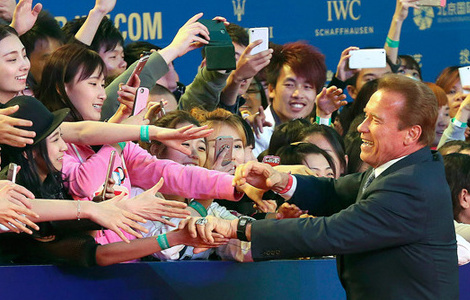
 Beijing film festival draws top moviemakers, Oscar winners
Beijing film festival draws top moviemakers, Oscar winners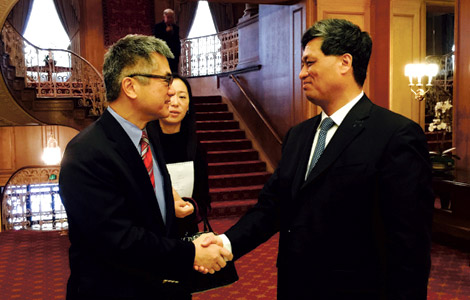
 Across America over the week (from April 10 to 16)
Across America over the week (from April 10 to 16)
 Historic hotels offer more than a view
Historic hotels offer more than a view
 Top 10 foreign holders of US Treasuries
Top 10 foreign holders of US Treasuries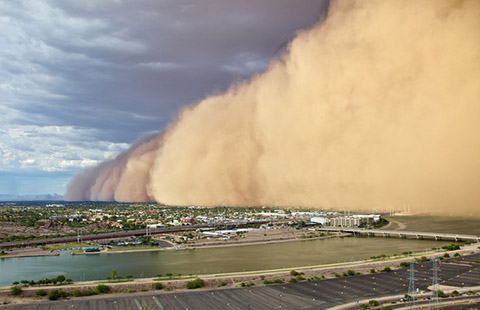
 Lost in sandstorms
Lost in sandstorms
 New roles for technology: Rise of robots
New roles for technology: Rise of robots
 Strange but true: Getting ahead of the rest
Strange but true: Getting ahead of the rest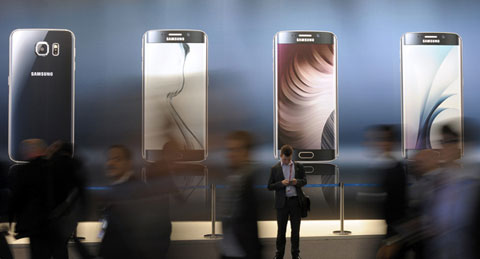
 Top 10 industries with most job-hoppers
Top 10 industries with most job-hoppers
Most Viewed
Editor's Picks

|

|

|

|

|

|
Today's Top News
China and the 2016 US election
World Bank, IMF: will work with AIIB
Ex-PM says US, China can be allies
Hainan Air links San Jose, Beijing
Carrying on a Chinese food legacy
America, Europe told to work with BRICS
Beijing film festival draws top moviemakers, Oscar winners
Chinese teachers mark progress
US Weekly

|

|






